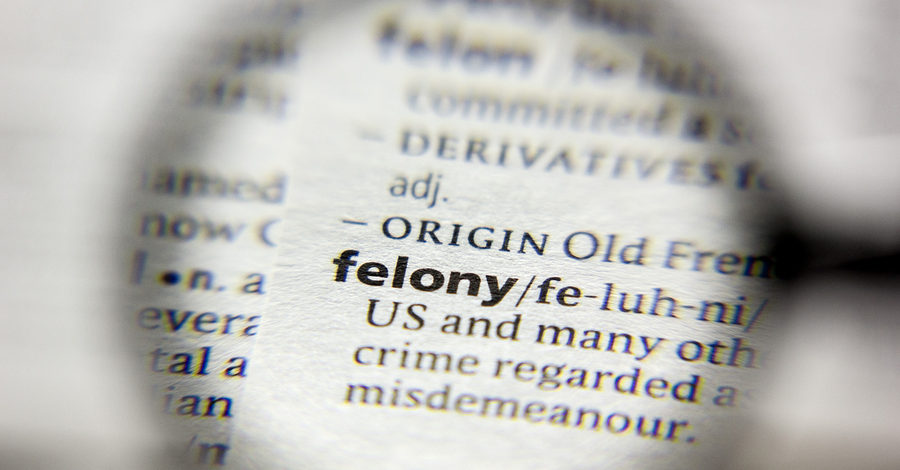In the state of Indiana, getting entangled in a battery charge can have far-reaching consequences, potentially including a denied bond for violent offenses. This blog post strives to provide you with a comprehensive understanding of assault and battery charges, the implications of bail bonds, and the legalities involved in signing a bail bond agreement.
We believe that knowledge is power, and with this information in hand, you can make informed decisions and navigate the legal system with confidence. Additionally, we will touch upon the available resources for domestic violence support in Indianapolis, providing a lifeline for those who need it most.

Battery Charges in Indiana
Indiana law defines battery as causing physical harm to another person, regardless of the intent behind the act. This includes hitting, punching, kicking, pinching, smacking, pulling, poking, or any other form of unwanted physical contact that results in injury. Depending on the severity of the injury and other circumstances, battery charges can range from a misdemeanor to a felony offense. The consequences of facing a battery charge can be severe and may include jail time, fines, probation, and a criminal record. In cases of domestic violence, the court may also issue a protective order against the accused individual.
Bail Bonds for Assault and Battery Charges
If you or a loved one is arrested for assault and battery in Indiana, you may have the option to post bail and secure your release from jail while awaiting trial. However, in cases of violent offenses, the court may deny bond or set the bail amount too high for most people to afford. Under Indiana law, assault and battery charges fall under the category of “crimes against public order,” which are considered serious offenses and can lead to a denied bond. The court’s decision is based on several factors, including the severity of the alleged crime, previous criminal history, and potential danger to the community.
What to Do if Bond is Denied
If bond is denied, the accused individual will remain in jail until their trial. A bail bondsman cannot do anything for you if your friend or loved one is denied bail. Once their bail is set, then you can contact a local bail bond company for assistance with getting them out of jail to await trial.
Legal Considerations for Bail Bond Cosigners
If you decide to bail someone out of jail using a bail bond agent, it’s crucial to understand the legalities involved in signing a bail bond agreement. By signing the contract, you are assuming responsibility for ensuring that the accused individual appears in court for their trial. If they fail to do so, you could be held liable for the full bail amount and may face legal consequences. Before signing a bail bond agreement, make sure you understand all the terms and conditions, including any additional fees or collateral required by the bond agent. It’s also essential to trust the bond agent and ensure that they are licensed and reputable.
Domestic Violence Support and Resources in Indianapolis
Domestic violence is a serious issue, and victims often find themselves trapped in abusive relationships with nowhere to turn. If you or someone you know is a victim of domestic abuse, there are resources available in Indianapolis to provide support and assistance. The Julian Center, for example, offers emergency shelter, counseling, legal services, and other resources to help victims of domestic violence. In addition to the Julian Center, there are various hotlines and support groups available in Indianapolis. These resources provide a safe space for victims to seek help and support as they navigate their way out of abusive situations.
Wrapping Up
Assault and battery charges can have severe consequences in the state of Indiana, including denied bond for violent offenses. It’s crucial to understand the legalities involved in bail bond agreements and to seek a reputable bond agent to ensure a smooth process. For victims of domestic violence, there are resources available in Indianapolis that provide support and assistance during difficult times. We hope this blog has provided valuable information and empowered you to make informed decisions in the face of such challenging situations.
Would you like to learn more information about signing for a bail bond? We can help. Contact Woods Bail Bonds at 317-876-9600 for 24 hour bail bond services in Indianapolis, Indiana you can trust. We also offer prearranged bail bond service for arrest warrants and probation violations.
Related Posts:
Understanding Felony Bail Bonds in the Hoosier State
Can I Post Bail After a Domestic Violence Arrest in Indianapolis?
My Friend Was Just Arrested. What Happens Next?









